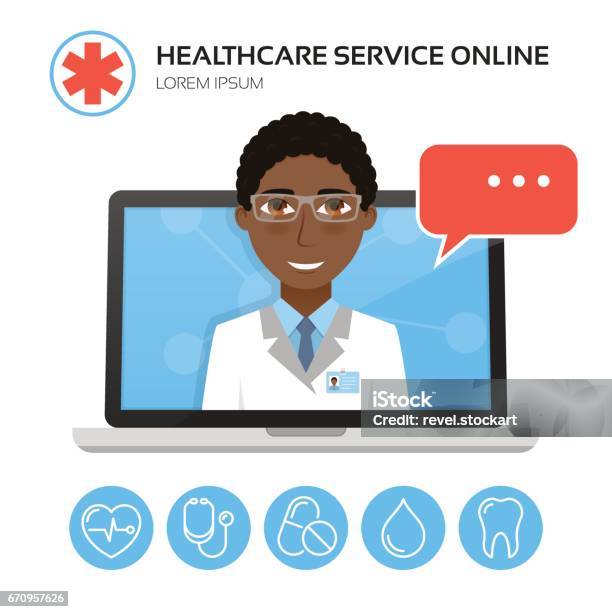Why Subscription Based Healthcare is Acquiring Appeal Among Patients Today
Why Subscription Based Healthcare is Acquiring Appeal Among Patients Today
Blog Article
Browsing the Future of Medicine With Subscription-Based Medical Care Solutions
As the medical care industry progresses, subscription-based solutions emerge as an essential version assuring to reshape patient care distribution. The answers to these concerns might fundamentally alter our strategy to health care.
Rise of Subscription Medical Care
As healthcare systems around the globe face increasing stress from rising prices and demand for solutions, the arrival of subscription-based health care designs has arised as a transformative pattern. This cutting-edge method is interfering with typical healthcare shipment by supplying a foreseeable, flat-rate repayment framework for medical services. Rooted in the concepts of attendant medication, subscription-based healthcare allows companies to concentrate on tailored individual treatment while all at once managing functional performances.
The increasing consumer need for transparency and predictability in healthcare expenditures has actually driven the shift towards this design. Subscription-based services frequently use direct access to healthcare specialists, which can minimize the administrative burdens connected with insurance coverage claims and repayments.
This version is obtaining traction among diverse health care carriers, from medical care physicians to specialized centers, by straightening financial incentives with continuous and precautionary care. By changing the emphasis from quantity to value-based treatment, membership healthcare has the possible to reshape the landscape, cultivating a more patient-centered and lasting approach to wellness management.
Benefits for Clients

Additionally, subscription-based solutions frequently emphasize precautionary care, motivating normal exams and wellness screenings. This positive approach can result in very early detection of health and wellness issues, possibly improving outcomes and minimizing long-term health care prices for clients. In addition, such versions generally provide clear rates, allowing patients to much better comprehend their health care expenditures and avoid unexpected clinical costs.
The personalized nature of subscription-based medical care also enhances person experience. Clients can obtain tailored healthcare plans that fit their details requirements, fostering an extra patient-centric approach.
Modern technology's Role in Improvement

Fabricated knowledge (AI) plays a crucial function in predictive analytics, aiding in early medical diagnosis and customized treatment plans. AI algorithms assess substantial datasets to recognize patterns that may be neglected by human observation, thus boosting scientific decision-making. Moreover, electronic health documents (EHRs) enhance client information monitoring, making sure continuity and coherence of treatment across various solutions and suppliers.
Blockchain innovation enhances information safety and privacy, crucial for keeping client trust fund in digital systems. It allows clear and protected purchases of medical information, guaranteeing that delicate information stays safeguarded. With the combination of artificial intelligence and AI, blockchain can automate intricate healthcare procedures, lowering administrative problems.
Challenges and Considerations
While modern technology thrusts the capabilities of subscription-based healthcare services, it also presents a collection of obstacles and factors to consider that have to be resolved to make certain effective execution. One substantial obstacle is the fair availability of these services.
Data privacy and security stand for an additional critical factor to consider. Subscription-based solutions typically involve the collection and storage of vast quantities of individual health information. Suppliers should stick to useful link rigid data defense laws to preserve client trust and prevent unapproved gain access to, which could lead to substantial honest and legal effects.
Moreover, the sustainability of subscription models presents a difficulty. As health care requires progress, maintaining a cost-effective equilibrium between registration charges and solution high quality is vital to protect against client dissatisfaction and attrition. Additionally, integrating these solutions within conventional medical care systems requires smooth interoperability between systems, which is frequently a facility and resource-intensive endeavor. Dealing with these obstacles is important as subscription-based health care solutions remain to progress and increase.
Future Effects for Medicine
Subscription-based healthcare services are positioned to significantly influence the future landscape of medication by improving just how treatment is accessed my sources and provided. These designs use the prospective to democratize healthcare access, offering patients with more individualized and timely treatments. By leveraging modern technology, such as telemedicine and information analytics, membership services can facilitate continuous surveillance and customized health and wellness management, thus boosting results and decreasing the burden on traditional medical care systems.
As these services gain traction, they can promote a shift in the direction of preventative treatment, emphasizing the relevance of very early detection and monitoring of persistent conditions. This aggressive technique may inevitably reduce healthcare prices by reducing the need for costly treatments emerging from late-stage illness management. Registration designs supply a scalable service to resolve variations in read the full info here medical care access, especially in underserved or rural populaces.
However, the shift in the direction of subscription-based models requires addressing regulative and moral factors to consider, including data personal privacy and fair access. As the market advances, collaborative efforts between policymakers, modern technology developers, and doctor will be important to developing durable frameworks that protect individual passions while cultivating innovation. Eventually, these services guarantee to add dramatically to a more efficient, patient-centered health care environment.

Final Thought
Subscription-based medical care solutions stand for a considerable development in the medical field, offering foreseeable prices and customized care that enhance accessibility and focus on preventative procedures. As the health care landscape develops, subscription versions are positioned to play an important function in shaping the future of medication.
As the health care industry advances, subscription-based solutions emerge as a pivotal version guaranteeing to reshape person treatment delivery.As medical care systems around the globe face enhancing stress from increasing costs and need for services, the advent of subscription-based medical care models has actually emerged as a transformative fad (subscription based healthcare).With the increase of subscription-based medical care designs reshaping standard healthcare distribution, clients are beginning to experience considerable benefits from this ingenious approach. As health care needs progress, maintaining a cost-efficient balance in between subscription charges and service high quality is essential to avoid individual frustration and attrition.Subscription-based medical care solutions are positioned to dramatically influence the future landscape of medication by improving exactly how treatment is accessed and delivered
Report this page